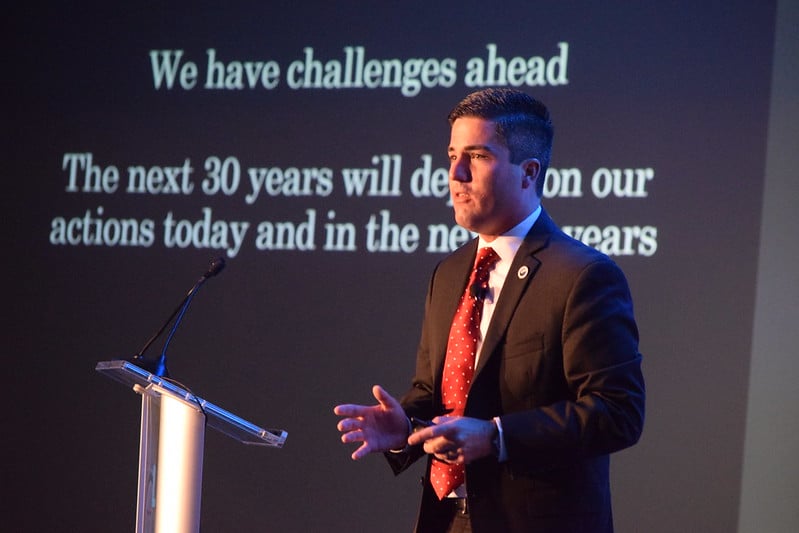In Lindke v. Freed, the U.S. Supreme Court explained when a public official does or does not engage in state, or governmental action, when deleting and blocking critics on social media.
The court explained that a government official engages in state action on social media if (1) he or she had “actual authority to speak on behalf of the State on a particular matter,” and (2) if he or she “purported to exercise that authority in the relevant posts.”
This case involved the online interaction between James R. Freed, the city manager of Port Huron, Michigan, and a citizen named Kevin Lindke. City manager Freed had a Facebook account in which he used for both personal and public purposes. In other words, he often posted about his family life, but he also made job-related posts.
Lindke says city manager violated free speech rights by deleting posts
Lindke became upset at the city’s response during the COVID-19 pandemic and made several posts critical of Freed and city government. In response, Freed deleted Lindke’s posts and blocked him. Lindke then sued Freed in federal court, alleging that Freed had engaged in impermissible viewpoint discrimination by deleting his posts and blocking him.
Both a federal district court in Michigan and the 6th U.S. Circuit Court of Appeals ruled in favor of the city manager, finding that Freed did not engage in state action by posting on Facebook. In other words, these lower courts found that Freed had spoken more as a private citizen than as a government official.
Lindke case sets new test for public officials’ use of social media
On further appeal, the U.S. Supreme Court unanimously vacated the judgment of the 6th Circuit and remanded the case back to the 6th Circuit to apply the Supreme Court’s test. On remand, Justice Amy Coney Barrett explained that Lindke will have to show that Freed had the actual authority to make posts on behalf of the city in his role as city manager and that Freed exercised that governmental authority in his posts.
Barrett explained that “the line between private conduct and state action is difficult to draw.” She also noted that “the distinction between private conduct and state action turns on substance, not labels.” She explained that a government official’s social media account could be one of “mixed use” where sometimes the government officials posts as a government official and sometimes post for personal reasons.
David L. Hudson, Jr. is a law professor at Belmont who publishes widely on First Amendment topics.

